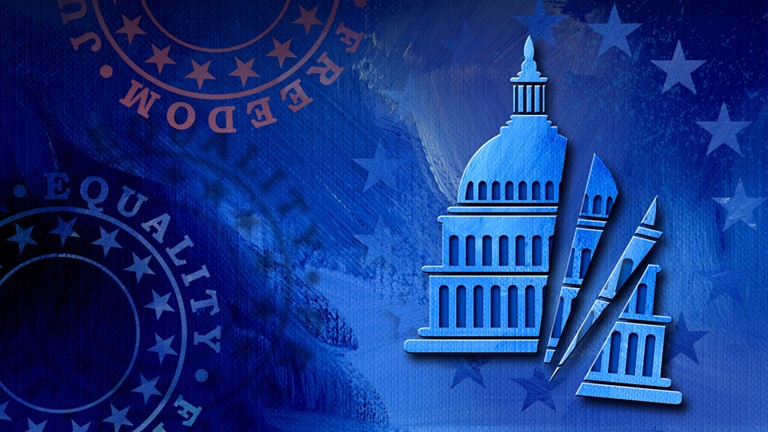Former congressman and presidential candidate Dr. Ron Paul explains to readers at the Ron Paul Institute for Peace and Prosperity that rather than artificially prop up the economy with cheapened fiat money, the government (including the Federal Reserve) ought to allow a recession, and with that the dismantling of the welfare-warfare state and fiat money systems. He writes:
Anyone who has been to a grocery store knows the Fed has not “defeated” price inflation. However, even official government data shows “softness” in the labor market. This Fed rate cut likely had more to do with concerns about increasing unemployment than the Fed’s claim that inflation will soon reach the Fed’s two percent target.
The Fed is between a rock and a hard place. If it does not lower rates, there is concern that unemployment will increase as the economy falls into a recession. On the other hand, keeping rates low runs the risk of hyperinflation and a collapse of the dollar’s value. The most likely scenario is a return of “stagflation” where rampant price inflation coexists with high unemployment.
Interest payments on the national debt will exceed one trillion dollars this year, putting more pressure on the Federal Reserve to monetize the debt, thus creating more inflation.
The Fed’s interest rate reduction may have increased Kamala Harris’s chances to win the presidency. However, the rate cut also increases the odds that the next president will face a major economic crisis. The crisis will either be caused by or result in a rejection of the dollar’s world reserve currency status.
The best thing politicians can do in the crisis is to avoid the temptation to “stimulate” the economy. Instead, they should let the recession run its course and begin dismantling the welfare-warfare state and the fiat money system.
Read more here.
If you’re willing to fight for Main Street America, click here to sign up for my free weekly email.





